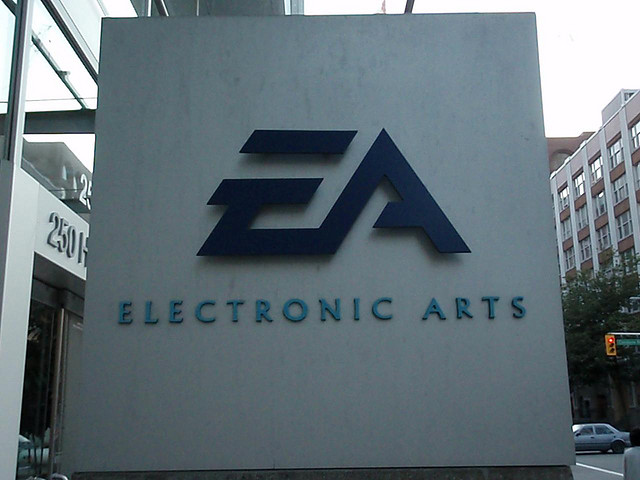One of the video games I was dying to get my hands on this year was SimCity. I’ve always been a fan of the series since I first played SimCity 3000. Looking back now, it’s slow and bland, but there was no game quite like it at the time, and I enjoyed every second of the game.
Is EA going for the worst company in America? Again?
So needless to say, when I first heard about the new SimCity, I became an eight-year old again. I watched all the trailers, playthroughs of the beta and was amazed by the beautiful array of skyscrapers in today’s leading graphics technology that they showcased. I’d discussed with my friends to link our cities and help each other, with goal of NYC-like city in my mind. I was excited and ready to stop dreaming and start building. However, after almost a month after its launch, the city of my dream is still not here. What happened?
Instead of worldwide movement of digital urban-planning and endless effort to end pollutions, Electronic Arts, the giant of game industry, failed to provide enough servers to accommodate the influx of players starting the long-awaited game. There was no one to blame but EA itself—despite the series always being designed as an offline game, the new SimCity implemented always-on digital rights management, notoriously known as DRM. Under this access control, the program is entirely dependent on its host’s online connectivity. In other words, in order to run the game, you must be constantly connected to the Internet, all the time. Mind you, it’s a game you purchased, but if you happen to not be online, Internet outage or if you’re on the go with no outside wi-fi provided then you are not allowed to even launch the game.
Forums on EA’s website were a constant stream of complaints and error reports.
The week of the game’s launch, the world was on fire. Forums on EA’s website were a constant stream of complaints and error reports, users and reviewers harshly criticizing the game on the web and Amazon ultimately removing the game from its shelves, claiming that they do not tolerate selling products customers cannot use.
One could say launch hiccup is an old news. Everyone tried to access at once at the same time and the servers just needed some room to get going, but it’s no excuse for EA. At this point, considering the obvious expectations over the game, EA should have been ready to handle the day-one user influx. The issue is that the servers remained busted for weeks after launch. It seemed impossible to even find an available server, and even if I found one after attempting to connect for 15 minutes, it spits back an error message. And I could always retry, only after 20 minutes.
It doesn’t mean some selected lucky players got to enjoy the game either. They expressed their agony and frustration on forums that their progresses were not saved properly thanks to a very few working servers unable to handle the player load and virtually choking to death. They were forced to roll back their cities to a previous god-knows-when point of the game or destroy the whole thing.
But the worst news is EA managed to make things even worse. Justified as a means to alleviate the server loads, it began removing some features: first cosmetic ones like achievements and leaderboards, but eventually crucial ones, namely the Cheetah mode which lets the players develop their cities quickly. But the tragedy doesn’t end here. Initially claiming that, because in-game calculations are too massive to handle for most computers owned in the world, SimCity runs mostly off servers, and that’s the reason the game has to be online at all times. However, it was eventually revealed that the claim was in fact a lie and the game runs completely stand-alone. Although DRM is designed with a good cause, the case of SimCity proved that it is an excessively forcible means to protect the intellectual properties from piracy at this point in time. Looking back, there were big titles in the past that implemented DRM: Half-Life 2, Assassin’s Creed II and Diablo III. They too were hated and criticized when released. However, respective developers’ swift responses and resolutions ultimately drove the gamers to forgive and forget, which is not the case for EA and SimCity. At the end of the day, the outcry from fans over anti-piracy campaign seemed to hurt more the legitimate players more than it did pirates.
But either way, the issue is still around today. EA did add new servers, but they didn’t successfully bring back a lot of the old fans and many still boycott and refuse to launch the game. Will EA patch the game to be playable offline soon, or will it risk its reputation for achieving the goal to transition traditionally single player game to entirely online-based game? Is it time for the old time fans to accept the changes and necessary evil and move on?
But my question is, is EA going for the worst company in America?
Again?
